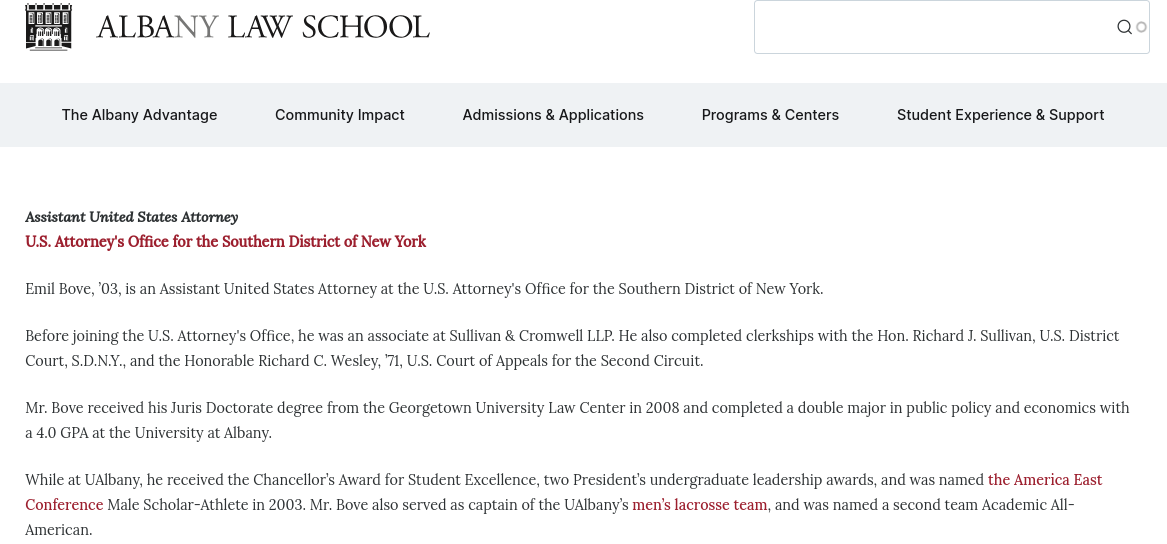Performing Engineering Operations: Levels and Structure

Performing Engineering Operations: A Pathway to Engineering Excellence
Course Overview
Performing Engineering Operations (PEO) courses are meticulously designed to equip learners with the practical skills and knowledge essential for a thriving career in the engineering industry. These courses cater to various engineering disciplines, including mechanical, electrical, and electronic engineering. By offering a balance of practical skills and theoretical knowledge, PEO courses prepare students for multiple engineering roles and instill confidence, setting them toward successful completion and careers in the engineering sector.
Entry Requirements
Entry requirements for Performing Engineering Operations courses vary depending on the level and institution. Typically, a Level 1 course may require basic English Language and mathematics skills, while higher levels, such as Level 3, may require successful completion of preceding courses or relevant work experience.
Levels and Structure
Level 1
Level 1 courses introduce learners to the fundamentals of engineering practices. Students gain hands-on experience with hand tools and basic fitting techniques, laying the groundwork for more advanced studies. Core Skills developed at this level include understanding health and safety protocols and the ability to read and interpret engineering drawings.
Level 3
At Level 3, students delve deeper into specific engineering activities and advanced practical work. The curriculum includes mandatory quality assurance units, technical information communication, and mechanical engineering practices. Optional units may cover specialized topics such as lathes, milling machines, and maintenance engineering. For instance, students might work on a project to design and build a small-scale electrical circuit or a mechanical device, giving them hands-on experience in their chosen field.
Course Content
PEO courses encompass a wide range of subjects to ensure a comprehensive education. Key areas of study include:
- Engineering Skills: Developing practical and theoretical skills necessary for various engineering operations. These include hand fitting and using lathes, ensuring students gain a solid foundation in basic and advanced techniques.
- Health and Safety: Maintaining a safe working environment adhering to industry standards, and understanding the importance of safety boots, safety protocols, and proper handling of electrical equipment.
- Mechanical and Electrical Engineering: Gaining expertise in different branches of engineering through hands-on projects and theoretical studies. This includes areas like mechanical engineering, Electrical Engineering, and Electronic Engineering.
- Quality Assurance involves understanding the importance of maintaining high standards in engineering practices. This consists of learning about quality control measures and industry standards.
- Communicating Technical Information: Learning to convey complex technical details effectively. This is essential for working in any engineering environment, ensuring clear and precise communication.
- Engineering Drawings: Developing the ability to read, interpret, and create engineering drawings, which are fundamental skills in both mechanical and electrical engineering.
- Engineering Practices: Familiar with industry practices and standards, including National Occupational Standards and SCQF-level qualifications.
- Maintenance Engineering: Understanding the principles and practices involved in maintaining mechanical and electrical systems is crucial for maintenance engineering roles.
- Project Management: Gaining skills in managing engineering projects from inception to completion, ensuring they meet all specifications and standards.
- Practical Work: Emphasizing hands-on experience in a workshop environment, where students use various hand tools and machinery, including milling machines, to complete practical tasks.
- Core Skills and Essential Skills: Building a foundation in essential skills like problem-solving, practical skills, and basic skills necessary for the engineering sector.
- Fitting Techniques: Learning various fitting techniques required for different engineering tasks, ensuring precision and accuracy in practical applications.
- Mandatory Units: Completing required units covering fundamental engineering concepts and practices ensures a well-rounded education.
- Optional Units: Choosing from various specialized subjects to tailor the education to specific interests and career goals.
- Renewable Energy: Exploring the principles and practices involved in renewable energy, an increasingly important area in the engineering industry.
- Professional Development: Focusing on continuous professional development to stay updated with industry trends and technologies.
- Work Experience: Gaining real-world experience through internships or part-time work placements is integral to many PEO courses.
- Additional Information: Providing further resources and Support, including Learning Support, Financial Support, and career advice, to ensure students succeed in their studies and future careers.
Career Pathways
Completing a Performing Engineering Operations course opens doors to numerous career opportunities within the engineering sector. Graduates can pursue roles such as:
- Engineering Technician: Specializing in a specific engineering area, providing technical support and expertise.
- Electrical Engineer: Focusing on the development and maintenance of electrical systems.
- Mechanical Engineer: Designing and overseeing the manufacture of mechanical devices.
- Project Management: Leading engineering projects from inception to completion, ensuring they meet all specifications and standards.
Further Education and Development
After completing a PEO course, students may further their education through higher education pathways, such as a Diploma in Engineering or an HNC Engineering qualification. These courses provide advanced knowledge and skills, such as advanced problem-solving techniques, an in-depth understanding of engineering principles, and the application of theoretical knowledge to practical situations, enhancing employability and career prospects.
Practical Experience and Industry Standards
PEO courses emphasize practical skills through extensive workshop environment training. Students gain experience with various hand tools and electrical equipment, ensuring they meet the National Occupational Standards and are well-prepared for the demands of the engineering industry.
Support and Resources
Students enrolled in PEO courses can access various support services, including Careers Advice, Financial Support, and Learning Support. Careers Advice includes guidance on job applications, interview preparation, and career planning. Financial Support may consist of bursaries, scholarships, or loans to help with course fees and living costs. Learning Support provides additional help with course materials and assignments. Training providers often organize Open Events and Open Days to provide prospective students with detailed Course Information and opportunities to meet Course Leads.
Conclusion
Performing Engineering Operations courses offer a robust foundation for anyone aspiring to join the engineering industry. With a focus on practical skills, industry standards, and comprehensive education, these courses equip students with the tools to succeed in various engineering roles. Whether you aim to become an Engineering Technician, pursue Higher Education, or enter the workforce directly, a PEO course is a valuable stepping stone toward achieving your career goals. For more information on specific courses, entry requirements, and career pathways, prospective students are encouraged to attend Open Events or contact their local training providers directly.
Read More: Usdigitalmagazine.com



